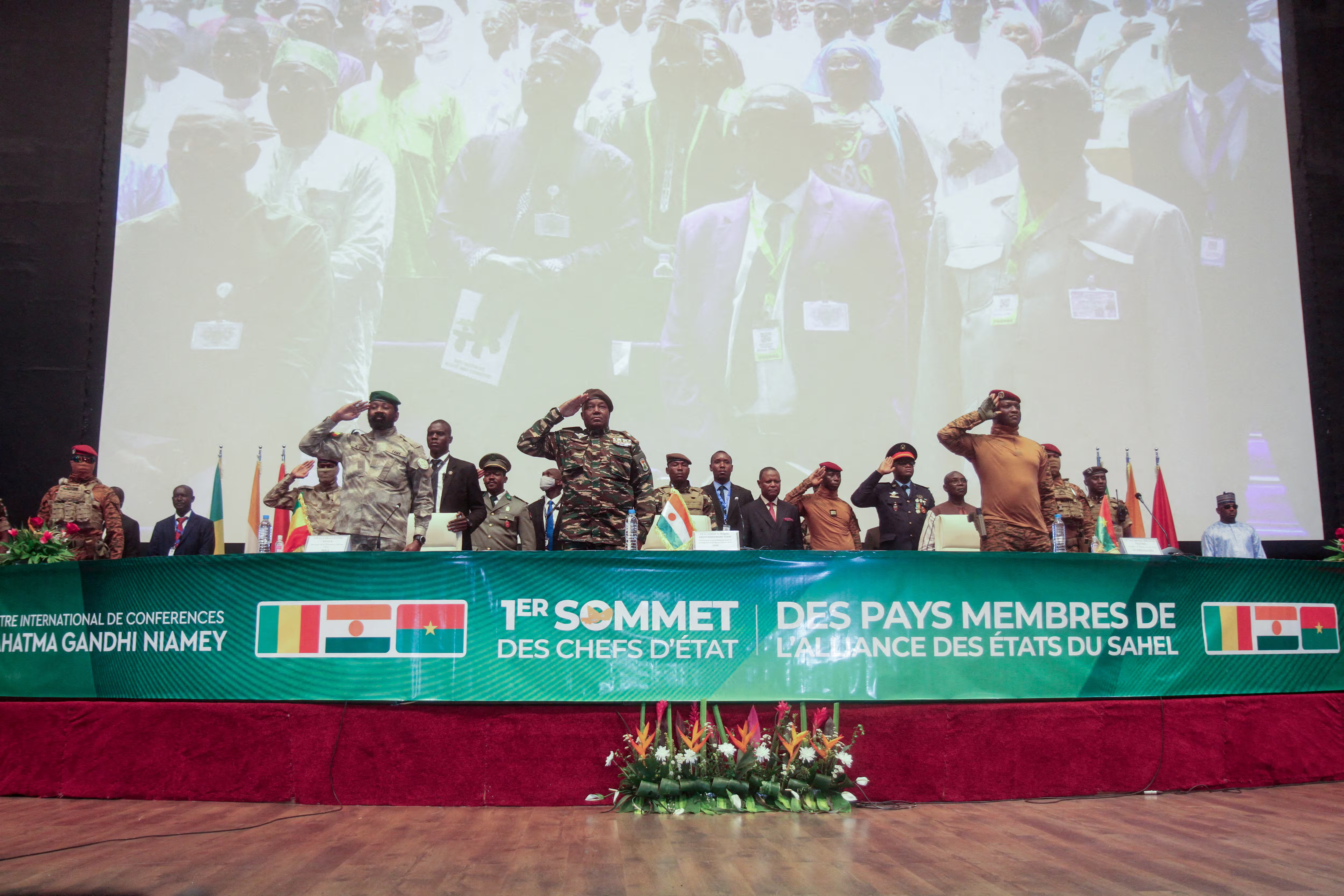Mali, Burkina Faso, and Niger plan to introduce new biometric passports as part of their withdrawal from the Economic Community of West African States (ECOWAS) in favor of a new Sahel alliance, Mali’s junta leader Assimi Goita announced on Sunday.

The decision comes after military leaders seized power in all three countries, leading to their joint announcement in January to leave the 15-member ECOWAS bloc. This move marks a significant shift in regional dynamics and raises concerns about the freedom of movement and economic integration in West Africa.
“In the coming days, a new biometric passport of the AES (Alliance of Sahel States) will be put into circulation with the aim of harmonizing travel documents in our common area and facilitating the mobility of our citizens throughout the world,” Goita stated ahead of a meeting between the three countries’ foreign ministers on Monday.
The meeting commemorates the anniversary of the decision to form their own alliance. Goita also revealed plans to launch a shared information channel “to promote a harmonious dissemination of information in our three states.”

Earlier this month, Burkina Faso had already announced the rollout of new passports without the ECOWAS logo, signaling the first concrete step in the withdrawal process.
ECOWAS has warned that the departure of these three nations could undermine the freedom of movement and common market established for the 400 million people living within the 49-year-old bloc. The organization has been attempting to persuade the countries to reconsider their decision.
The withdrawal and formation of a new alliance come at a critical time for the Sahel region. The armies of Mali, Burkina Faso, and Niger are currently battling insurgencies linked to al Qaeda and Islamic State, which have destabilized the region over the past decade and threaten to spill over into coastal West African states.
This move towards a separate alliance and new travel documents raises questions about regional security cooperation and the future of economic integration in West Africa. It also highlights the growing divide between these military-led states and their West African neighbors.



